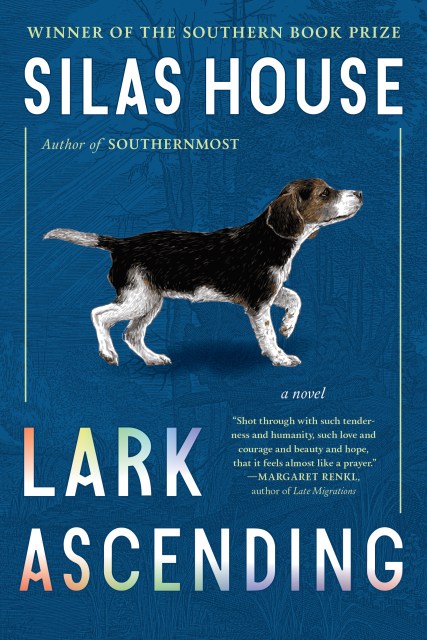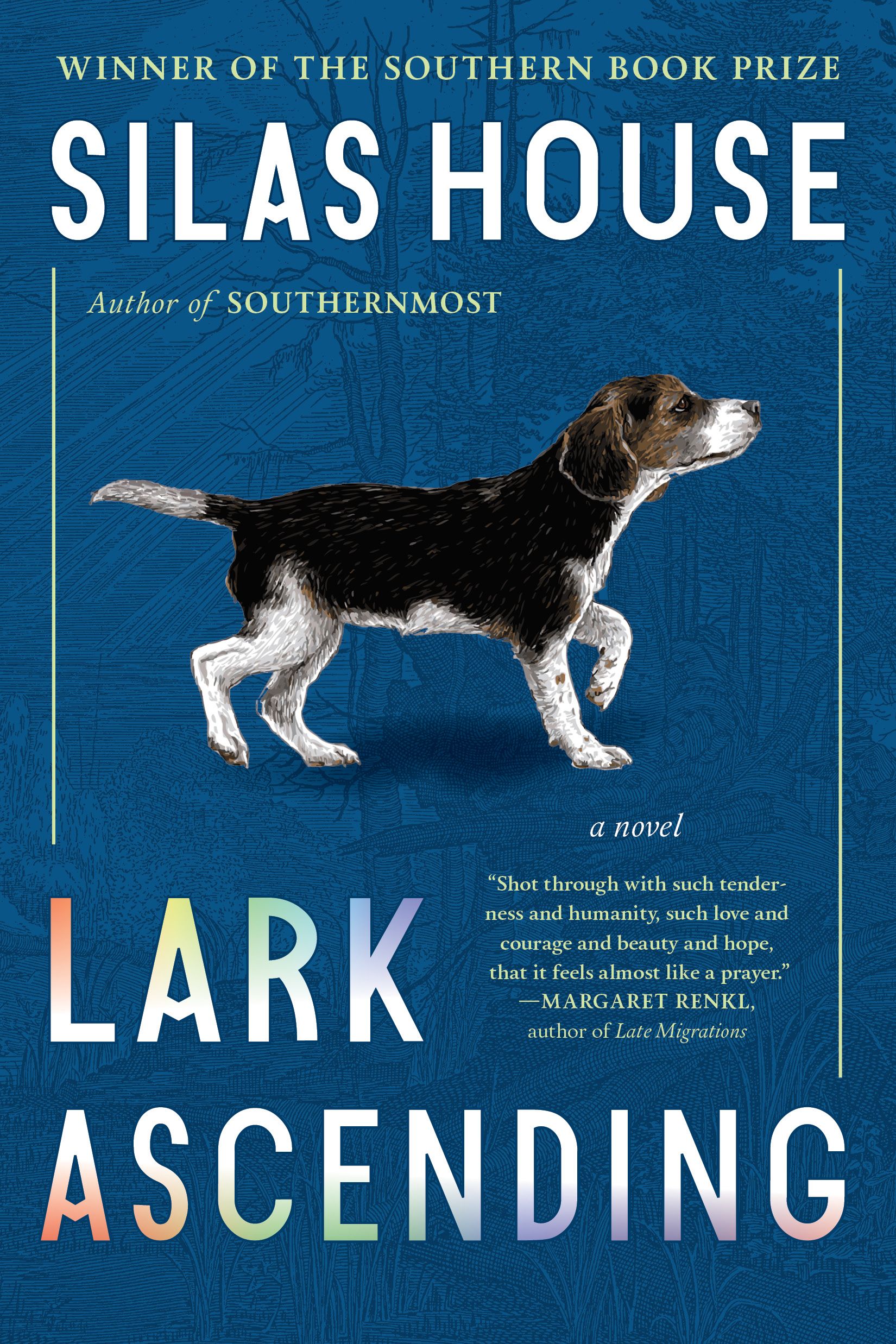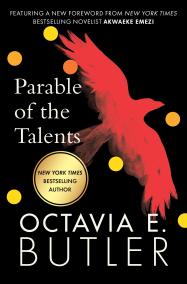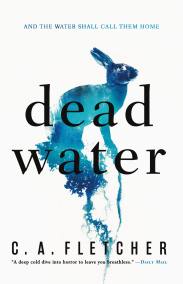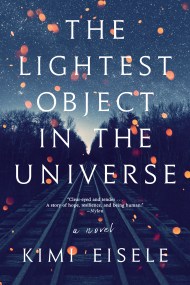Lark Ascending
Contributors
By Silas House
Formats and Prices
Price
$17.99Price
$23.99 CADFormat
Format:
- Trade Paperback $17.99 $23.99 CAD
- ebook $11.99 $15.99 CAD
- Hardcover $27.00 $34.00 CAD
- Audiobook Download (Unabridged) $24.99
This item is a preorder. Your payment method will be charged immediately, and the product is expected to ship on or around August 22, 2023. This date is subject to change due to shipping delays beyond our control.
Also available from:
A timely, powerful story of survival set in the not-too-distant future that Margaret Renkl (Late Migrations) calls “a beautiful book…shot through with such tenderness and humanity, such love and courage and beauty and hope, that it feels almost like a prayer.”
With fires devastating much of America, Lark and his family first leave their home in Maryland for Maine. But as the country increasingly falls under the grip of religious nationalism, it becomes clear that nowhere is safe, not just from physical disasters but also persecution. The family secures a place on a crowded boat headed to Ireland, the last place on earth rumored to be accepting American refugees.
Upon arrival, it turns out that the safe harbor of Ireland no longer exists either—and Lark, the sole survivor of the trans-Atlantic voyage, must disappear into the countryside. As he runs for his life, Lark finds two equally lost and desperate souls: one of the last remaining dogs, who becomes his closest companion, and a fierce, mysterious woman in search of her lost son. Together they form a makeshift family and attempt to reach Glendalough, a place they believe will offer protection. But can any community provide the safety that they seek?
Lark Ascending is a moving and unforgettable story of friendship and bravery, and even more, a story of the ongoing fight to protect our personal freedoms and find our shared humanity, from a writer at the peak of his powers.
-
Kentucky Poet Laureate
Southern Literary Award Winner
Nautilus Award Winner – Gold
Indie Bestseller
Salon Favorite Book of 2022
Booklist Editors' Choice of 2022
Garden and Gun Best Southern Book of 2022
Indie Next List Pick
Los Angeles Times' Most Anticipated Fall 2022
Lambda Literary's Most Anticipated Fall 2022
-
“In Lark Ascending, Silas House casts an irresistible spell, conjuring a near future that is both familiar and unbearable, illuminating the brutality and suffering that our own thoughtless age seems determined to invoke. But Lark Ascending is not merely, or even mainly, a tale of pain and grief. This beautiful book is shot through with such tenderness and humanity, such love and courage and beauty and hope, that it feels almost like a prayer.”Margaret Renkl, author of Late Migrations and Graceland, At Last
-
“Silas House has always served as an ancestor from the past who has stepped into the present with rich lessons in tow. But with Lark House reveals himself to be an oracle from the future who has come back to illuminate our lived moment with a snapshot of what the years ahead could hold. The vision is terrifying and spare, but in House’s capable and delicate telling, it is also beautiful and compelling. Lark marks a stunning turn in House’s career, taking him from the Appalachian Mountains to a post-apocalyptic Atlantic crossing, but I have no doubt that readers will follow Silas House wherever he goes, whether into the past or headlong into the future.”Wiley Cash, New York Times bestselling author of When Ghosts Come Home
-
“Truly harrowing, yet even more deeply affecting and tender. . . This is very much a book about connection, family, and, above all else, hope. It is this deep hopefulness that allows House’s novel to transcend the constraints of some other dystopian novels. . . Lark Ascending is full of rich colors and sounds and images, brimming with the majesty of life.”Chapter16.org
-
“Amazing… powerful, and prescient.”Dallas Voice
-
“Lark Ascending’s beautiful language and imagery, combined with the emotional heft of the story, drew me in from the first paragraph.”Literary Hub
-
“A postapocalyptic epic that is quiet and lyrical…an emotional testament to the power of hope.”Booklist (starred review)
-
“The narrator of House’s seventh novel is a young gay man who’s escaped a near-future America knocked sideways by climate change and right-wing militias. His destination is Ireland, working off little more than a rumor that an Edenic safe haven isn’t far over the horizon. House works with some familiar dystopian tropes, but the book is distinguished by his lyrical, earthy tone.”Los Angeles Times (Most Anticipated Fall Book)
-
“A fiercely visceral reading experience.”Publishers Weekly
-
“A cleareyed and engaging apocalyptic yarn.”Kirkus Reviews
-
“The not-too-distant dystopia of House’s latest becomes a vehicle for the author to tell a compelling story about a refugee crisis. Because House takes the story out of a contemporary context, readers can more easily empathize with the novel’s refugees rather than focusing on real-world quandaries.”Library Journal
-
“Silas House’s “Lark Ascending” is a dystopian classic, finding new notes of peril and possibility in the once-and-future homeland of Ireland and giving us the kind of richly observed alternative family that humanity of any era would call savior. It also has the best dog ever, excepting my own. Don’t miss this one.”Louis Bayard, author of Jackie and Me
-
“I was sucked into this urgent story where survival in the not-too-distant future depends on forging connections with strangers and nurturing tenderness and hope within. An essential, heartbreaking but ultimately uplifting read.”Michelle Gallen, author of Factory Girls
-
“Just astonishing . . .terrifying, moving, beautiful, instructive, and haunting. I have never been more deeply moved by a novel.”Lee Smith, author of Dimestore
-
“With Lark Ascending, the gifted Silas House has, with the most deft and masterful touches, forged a quite terrifying and all-too-plausible glimpse of our near future and somehow imbued it with almost impossible quantities of poetry and humanity. A gripping story of endurance, suffering and loss, but also of overwhelming love, loyalty and hope, the result is a hugely impressive feat of the imagination . . . A beautiful, haunting piece of work, and a compulsive read.”Billy O'Callaghan, author of Life Sentences and The Dead House
-
“The greatest Southern novel of the year.”Georgia Public Broadcast / Salvation South
-
"A poignant tale... Lark Ascending is full of such magic."Southern Literary Review
-
"Exciting, hopeful, and beautiful."Alabama Public Radio / Don Noble's Book Reviews
-
"This is a story of the dangers of both flight and immigration, survival enabled by chosen families, and the grace of humanity amid chaos. I had to read some sentences several times over to fully appreciate the beauty of the writing."Kathleen Lance, Denver Reader, Denver Post
-
“Silas House’s apocalyptic parable strikes the heart powerfully because of the eerie parallels to now… Lushly written”Bowling Green Daily News
-
“Renowned for his evocative prose and deep-rooted connection to Appalachia, Silas House stands as a literary beacon illuminating the complexities of Southern life and culture… House’s writing transcends mere storytelling.”Deep South Magazine
- On Sale
- Aug 22, 2023
- Page Count
- 304 pages
- Publisher
- Algonquin Books
- ISBN-13
- 9781643753935
Newsletter Signup
By clicking ‘Sign Up,’ I acknowledge that I have read and agree to Hachette Book Group’s Privacy Policy and Terms of Use
